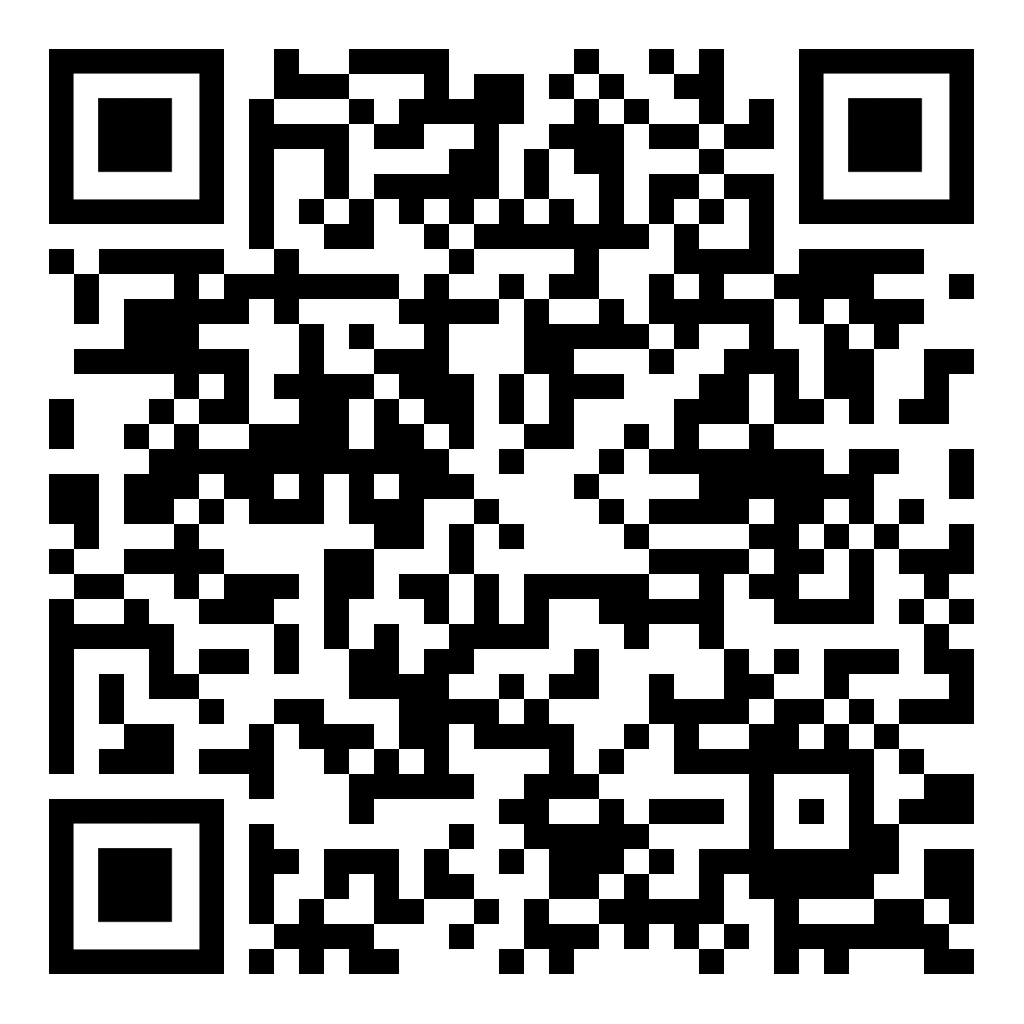The Importance of Communication in Nursing: A Complete Guide
Discover how effective communication in nursing is vital to improve patient outcomes and enhance care.
Discover how effective communication in nursing is vital to improve patient outcomes and enhance care.
Table of Content
The 10 Most Important Communication Skills in Nursing for Success
Communication in nursing stands as a fundamental pillar of effective healthcare delivery. It transcends the mere exchange of information and forges meaningful conversations that enhance patient care and professional collaboration.
But students have this persistent question: what is communication in nursing? It encompasses the interactions between nurses, doctors and healthcare teams. In this blog, you will discover essential communication skills that nurses should have to deliver compassionate and effective care.
Additionally, we will also look at some crafted real-life scenarios to see their effectiveness. If you are a student, this can also serve as valuable assignment help for understanding practical applications in nursing communication.
The importance of communication in nursing lies in the fact that it is a fundamental part of the healthcare practice. It moves past the exchange of words and information. Moreover, shapes the quality of care nurses provide and influences patient outcomes.
So, if you take the time to listen attentively and understand your patients, you can surely identify their concerns early. It will also help you respond effectively, leading to better treatment adherence and improved recovery.
However, communication is not limited to only patients. Nurses work closely with doctors, fellow nurses and other healthcare professionals. In this case, misunderstandings are bound to happen, which can lead to serious mistakes.
Understanding why is communication important in nursing becomes critical in this scenario. Patient safety and treatment success have a high possibility of improvement when nurses communicate well with the team.
Nurses who build trust through open and honest conversations encourage patients to share all their symptoms and worries. It allows them to explain the treatments carefully. Now that you know what is communication in nursing, let's explore the most vital communication skills nurses must master.

Get an Extra 5% OFF On Your Order in Our App

Scan the QR code with your mobile to unlock an exclusive offer!
Download App Now Scan me
Scan meEffective communication is a critical part of nursing practice, and there is a wide range of skills that can help nurses to collaborate with healthcare teams, understand patient needs and prevent errors.
The following section explores the ten most critical skills that every nurse should develop to ensure success in their profession and improve patient outcomes.
Active listening involves more than hearing; it is about listening with utmost attention. Nurses who practice active listening pick up easily on subtle cues and uncover hidden concerns.
They are successful in building trust with patients, and this collaboration encourages communication in nursing practice, which helps to catch small details. Moreover, it creates an atmosphere of respect and trust, which fosters clarity in conversations.
Communication in nursing plays a vital role as nurses are educators at heart. Their work involves explaining health conditions and effective treatments to patients.
With this, patients feel more involved and confident. So, taking adequate time while educating patients helps them follow care plans and also lowers the risk of complications after discharge.
Cultural sensitivity allows nurses to connect with patients on a deeper level. Also, nurses can avoid assumptions and tailor proper care if they respect diverse backgrounds.
This approach of communication in nursing will also improve patient satisfaction and lead to better healthcare experiences.
Collaboration is a powerful tool for quality care. As you know, nurses rarely work alone; that is, they work with a team of healthcare professionals such as doctors, fellow nurses and others.
So, when there is good coordination within the team, there are minimal errors. In addition, working as a team creates a supportive work environment which benefits everyone.
Tensions and conflicts are an inevitable part of any profession, but how the situation is tackled dictates its success. Nurses with conflict resolution skills can de-escalate situations before they disrupt care. It is vital for nurses to stay calm, listen actively and work towards mutual understanding to maintain harmony.
Nurses interact with a variety of digital tools every day, which include health records to remote monitoring systems. So, proficiency in technology helps nurses to document accurately, stay organised and respond quickly to changes in a patient's condition.
Nursing students can utilise technology to get online exam help from seasoned professionals.
This is how our day-to-day communication happens. Nurses who speak clearly build stronger connections with patients and colleagues. Also, it helps them in explaining treatment options to families, offering reassurance. Practical communication skills in nursing make everything easier and make interactions more direct and compassionate.
It refers to something that does not involve words. A calm presence, gentle touch or reassuring eye contact can speak volumes. With these subtle signals, nurses can respond with care that feels genuine and empathetic. Also, it shows how good communication in nursing supports patient confidence.
It involves notes that nurses usually make for patients to provide care. The importance of communication in nursing is obvious in the critical responsibility nurses have in maintaining health records and providing detailed data to doctors. So, precise written records are vital for ensuring continuity in patient care.
Emotional intelligence helps nurses manage their own reactions while reacting sensitively to others. It is about staying composed under pressure and showing empathy when patients feel vulnerable.
So, these are some vital communication skills in nursing practice that every student must master to ensure success in their profession as well as enhance patient outcomes. Now, let us explore examples to get a better understanding of the concepts.
These are some real-life examples which illustrate the importance of Written Communication Skills. Let's begin with an example of Emily and Dr Patel and their interaction.
|
Example 1 During a night shift, Nurse Emily cared for Mr. Patel, recovering from heart surgery. Mr. Patel was anxious but hesitant to speak up. Emily used effective communication techniques to support him:
Thanks to this communication, Mr. Patel felt supported and more confident in his recovery process. This example shows how thoughtful communication fosters trust and improves patient outcomes. |
|
Example 2 Nurse James cared for Mrs. Thompson, who was nervous about her upcoming surgery. She hesitated to ask questions, so James used these communication techniques to help her feel at ease:
This approach helped Mrs. Thompson feel calmer and more prepared. |
These scenarios emphasise the importance of communication in nursing and how it builds confidence and improves patient care. If you want to harness your communication skills, keep reading the next section.

Complete Your Nursing Tasks Smoothly and Confidently With Support From Our Experienced Experts!
GET NOWEffective communication in nursing is key to providing excellent care and building trust with patients. Nurses may face many situations that require clear, compassionate and empathetic conversations.
In addition to this, nursing students can also get comprehensive help with nursing assignment help from our expert academic writers. It will boost their confidence and set them up for success in studies and their future career. Also, with their guidance, students can learn clear communication and handle difficult situations. So, trust assignment desk to help you excel in academics as well as nursing practice.
Boost Grades & Leave Stress
Get A+ Within Your Budget!
Use Our FREE TOOLS !
Offers Benefits
Offer valid for a limited time. T&C apply
Limited Time Offer
Exclusive Library Membership + FREE Wallet Balance
1 Month Access !
5000 Student Samples
+10,000 Answers by Experts
Get $300 Now
Update your Number
